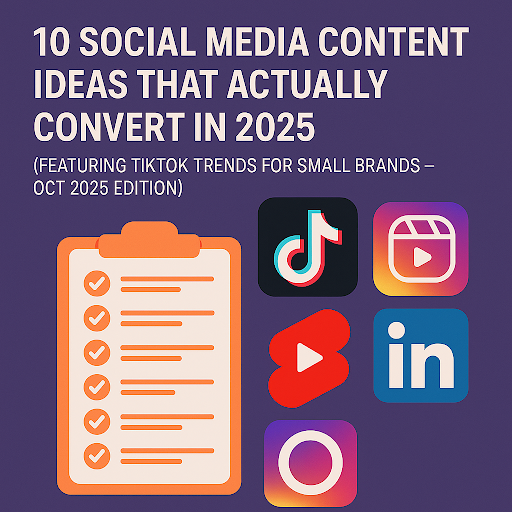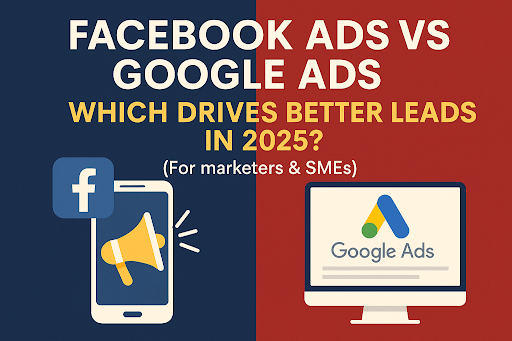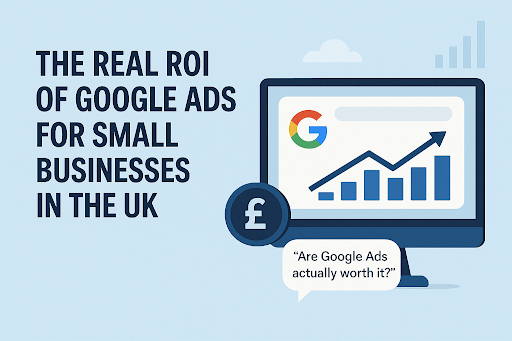
February 3rd, 2025


Written by Bobby Abrams
In today’s digital landscape, Pay-Per-Click (PPC) advertising is more crucial than ever for small and medium-sized businesses (SMBs) aiming to compete online. By understanding and implementing the right strategies, SMBs can achieve significant returns on their ad spend and capture a larger market share in 2025. In this guide, we’ll explore effective PPC optimization strategies tailored for small and medium-sized businesses, drawing on our experiences and best practices we’ve developed at EClickPro.
Before delving into optimization strategies, it’s essential to have a clear understanding of the fundamental components of PPC. This will aid in effectively setting up and managing campaigns.
These are the terms potential customers use in search engines. Choosing the right keywords is critical to reaching the right audience.
Your ad's messaging must be clear and compelling to encourage clicks.
After clicking an ad, users should land on a page that meets their expectations and encourages conversion.
This determines the ranking of your ad. Bidding strategically can help maximize ROI.
Defining what you aim to achieve with your PPC campaigns is paramount. Are you looking to increase brand awareness, drive sales, or lead generation? Setting clear, measurable goals will guide your strategies and allow you to adjust based on performance.
Running a successful PPC campaign starts with robust keyword research. It’s crucial to utilize tools like Google Keyword Planner or SEMrush to discover high-intent keywords that potential buyers are typing into search engines.
These are often less competitive and more likely to convert because they are specific.
Keep a list of keywords that are irrelevant to prevent wasted ad spend.
Periodically reviewing your keywords ensures they remain relevant and effective.
Ad copy is your first impression, and it must be engaging enough to entice clicks. Tailor your ads to address the specific pain points and desires of your target audience.
Direct users on what action to take next.
Highlight what the user gains by clicking on your ad.
They can provoke thought and lend credibility.
Your landing page is where conversion happens, or doesn’t. Ensuring an optimal user experience is critical to converting clicks into customers.
Align the messaging of your landing page with the ad.
Place CTAs strategically to guide users towards conversion.
Improve page performance to keep bounce rates low.
Advanced targeting options like audience targeting, location targeting, and remarketing can refine your PPC strategy and enhance your ROI.
Limit your ads to specific locations to reach the most relevant audience.
Adjust your ads based on age, gender, income level, etc.
Tailor ads for users who have previously engaged but not converted.
Optimizing your budget is crucial for maximizing the effectiveness of your PPC campaigns, especially in 2025’s competitive landscape.
Test campaigns with smaller budgets to determine what works before scaling.
Use tools like Google Analytics to track which campaigns yield the best ROI.
Increase or decrease bids based on keyword performance and campaign goals.
Consistently monitoring, analyzing, and adjusting your campaigns ensures sustained success. Utilize platforms’ built-in analytics for insights into your ad performance.
Measures the effectiveness of your keywords.
Indicates the cost-effectiveness of your campaigns.
Determines the ratio of users that complete the desired action
Achieving PPC success can be a complex process, but with the right strategies and expertise, it’s possible to outperform competitors. At EClickPro, we specialize in tailoring PPC strategies to suit your unique business needs, ensuring you get the most out of your digital marketing investments. To learn more about how we can help skyrocket your PPC campaigns in 2025, visit EclickPro today.
Incorporating these PPC optimization strategies can help your SMB gain a competitive edge in 2025. With careful planning, precise execution, and ongoing analysis, your digital advertising efforts will thrive. Remember, the PPC landscape is ever-changing, so staying informed and adaptive is key. Let us, at EClickPro, guide you through it.

Bobby Abrams specialises in helping businesses achieve better results. With a decade of sales and consulting experience, he has worked with hundreds of companies across different sectors. Bobby is passionate about using the latest technology to shape strategy and works closely with expert teams to deliver impactful projects on behalf of his clients.
The information on this website is for general guidance only. EclickPro provides digital marketing services including SEO, Google Shopping, and Meta Ads, but results vary by client and are not guaranteed. We do our best to ensure accuracy, but we do not accept liability for actions taken based on this content. For personalised advice, please contact us directly.



